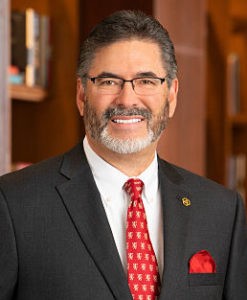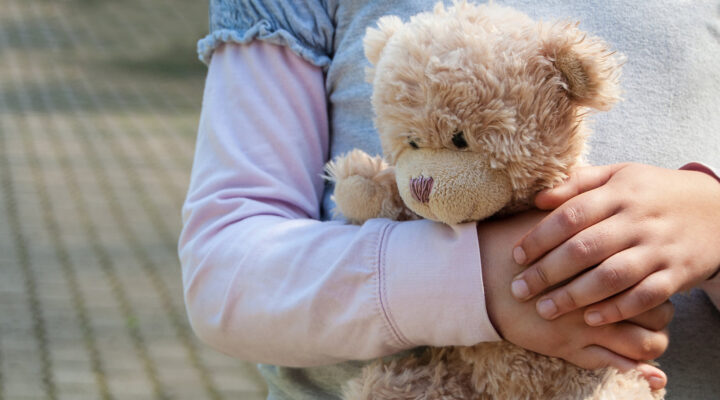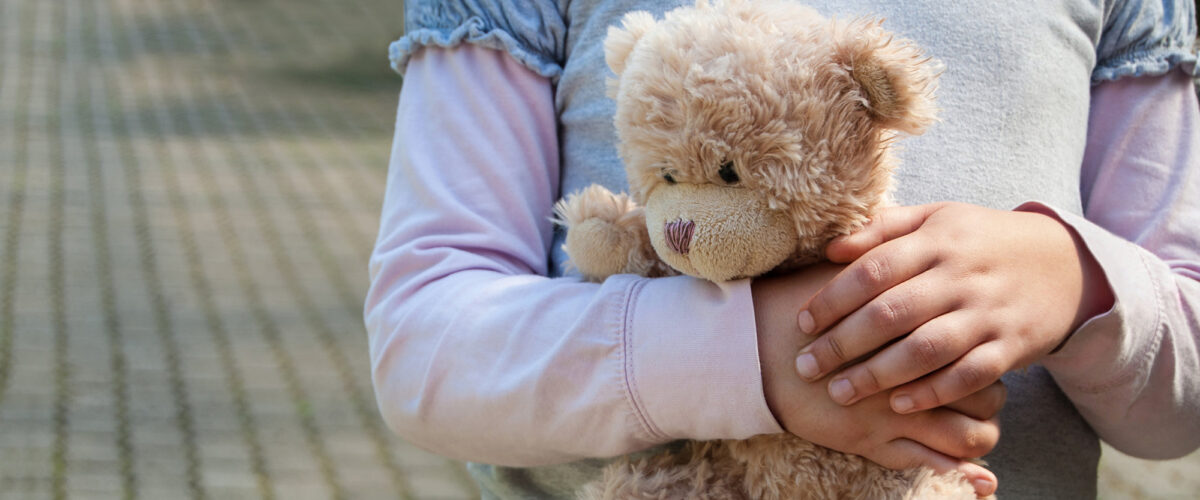The plight of youth orphaned during the COVID-19 pandemic was forgotten in the scramble to understand, treat and prevent the disease from spreading, according to Albert Reyes, president of Buckner International.
“COVID was such a new thing in the United States and around the world that the issue of vulnerable children and families became a secondary issue, and there was an assumption that the social welfare was in place to address these problems during the lockdown,” he recalled.

Albert Reyes
But the reality is that every familial or government system designed to help at-risk children continues to be overwhelmed by the surge in youth who lost one or both parents, grandparents or other extended-family caregivers, he said. “And now that we are opening back up, we are seeing more cases come forward.”
As a result, pressure is building on the foster system as well as on families in which one parent or grandparent survives but is financially and emotionally overwhelmed.
“These challenges open up an array of other issues and problems. Mental health is threatened. School experiences are interrupted. Self-esteem is lowered and there are greater risks for sexual behaviors, suicide, violence and added housing instability and separation of children from family,” Reyes said.
Recent surveys delineate the magnitude of the challenge.
10.4 million children worldwide lost one or both parents, a grandparent or other secondary caregiver to COVID-19 from early 2020 through April this year.
According to statistics compiled by the Imperial College of London and cited by the U.S. Centers for Disease Control, 10.4 million children worldwide lost one or both parents, a grandparent or other secondary caregiver to COVID-19 from early 2020 through April this year.
A December study published by the journal Pediatrics documented the losses experienced by children in the U.S. from April 1, 2020, to June 30, 2021: “During 15 months of the COVID-19 pandemic, 120,630 children in the United States experienced death of a primary caregiver, including parents and grandparents providing basic needs, because of COVID-19-associated death. Additionally, 22,007 children experienced death of secondary caregivers, for a total of 142,637 children losing primary or secondary caregivers.”
The study, titled “COVID-19—Associated Orphanhood and Caregiver Death in the United States,” additionally found disparities by ethnicity and geographical setting.
“The risk of such loss was 1.1 to 4.5 times higher among children of racial and ethnic minority groups compared with non-Hispanic white children,” it noted. “The highest burden of COVID-19-associated death of parents and caregivers occurred in Southern border states for Hispanic children, in Southeastern states for Black children, and in states with tribal areas for American Indian and/or Alaska Native populations.”
The authors noted that U.S. states with the highest numbers of children so affected also are the most populated: California, with 16,179, Texas with 14,135, and New York with 7,175. These and the youth in all other areas similarly affected potentially face long-term negative social, educational, health care and housing effects.
“Children losing caregivers to COVID-19 need care and safe, stable, and nurturing families with economic support, quality child care, and evidence-based parenting support programs,” the report says. “There is an urgent need to mount an evidence-based comprehensive response focused on those children at greatest risk in the states most affected.”
Reyes said increased support is needed on a number of fronts, including for more foster-care families and for those already enrolled to consider adding an orphan. “Single-child families can step up, but they are going to need financial and mental health support.”
Reyes said increased support is needed on a number of fronts, including for more foster-care families and for those already enrolled to consider adding an orphan.
That financial and mental health support could be greatly boosted if churches and community groups got involved, he said. “A family or a church can volunteer to provide meals or gift cards to foster families. They can send a card or letter of encouragement and can even be trained and certified to provide respite care for foster parents for a weekend or a month. And help is needed with advocacy to increase state funding for foster care and adoption.”
Buckner also offers opportunities to contribute to its programs that assist families in crisis, including its foster care and adoption efforts, and its Family Hope Centers and Family Pathways initiatives.
Reyes added that the challenge COVID-19 presented to children is an opportunity for Christians and congregations to show what their faith is all about.
“I think back to the first-century Christians and congregations who stepped forward when there were great needs. We’re in a tough situation now, and I hope churches will reach out to local child protective services in their communities or work through Buckner and ask, ‘What can we do to help?’ This is the time for churches to be ready to deliver whatever it is in their capacity to give.”
Related articles:
Why have so few U.S. congregations experienced even a single COVID death?
When the dying stops, will we remember to address the multiplied grief of COVID?
How our family is celebrating Christmas in July | Opinion by Rob Lee


